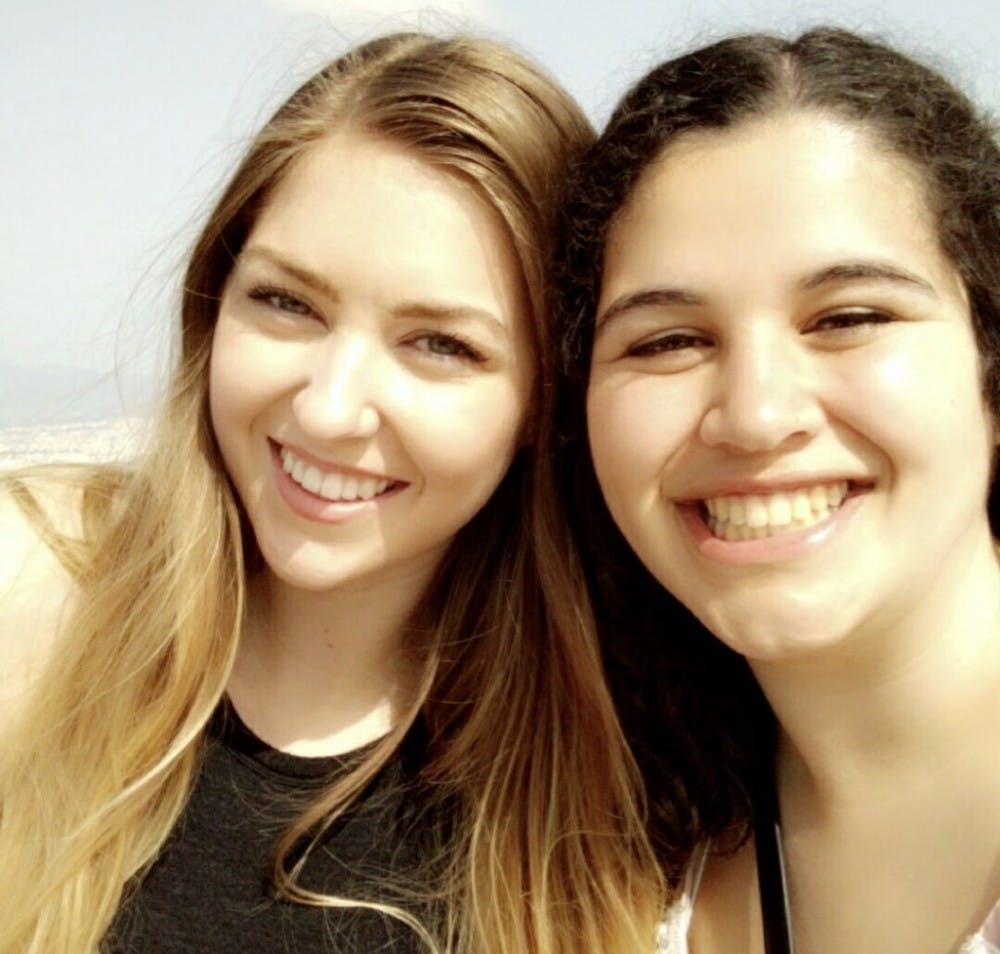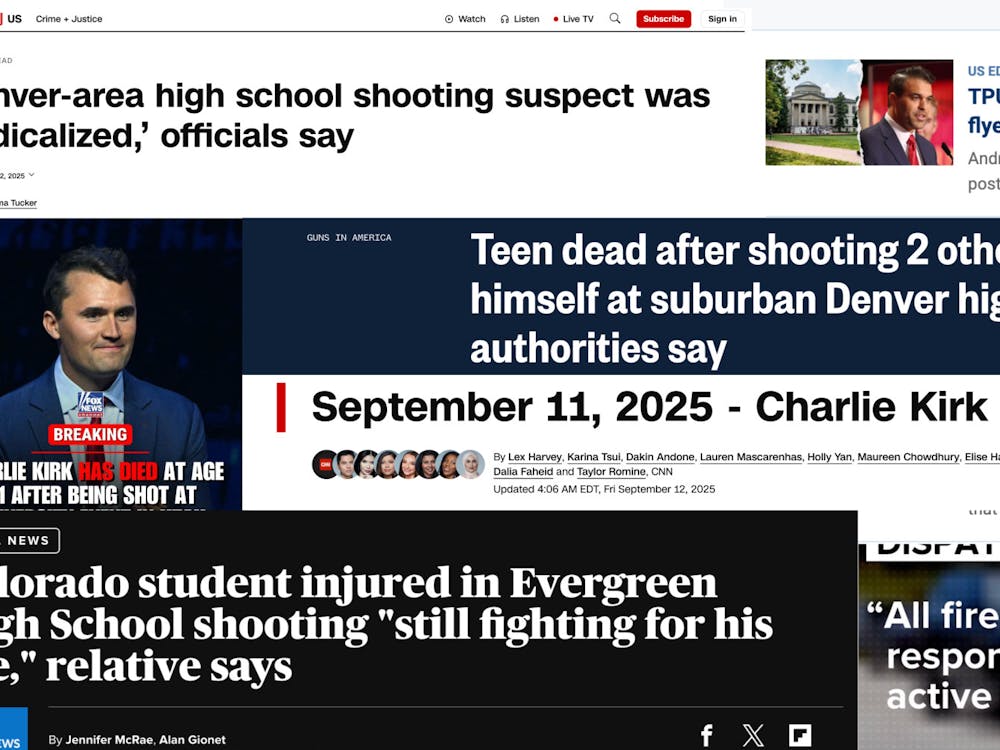We would like to start by emphasizing the importance of listening and being accepting and tolerant of everyone’s unique opinions. Building community is dependent on relationships, and relationships can only flourish when there is empathy and compromise from all involved parties. We greatly appreciate The Beacon’s efforts to make the voices of these students heard, but we feel that the article does not adequately differentiate between fact and opinion and we believe that this needs to be addressed.
As students at an institution of higher education, we are taught the importance of citing evidence to support our claims, rather than blindly accepting everything we are told. We primarily take issue with the fact that some of the quotes from the interviewees contain information that is blatantly false, but the author makes no attempts to fact-check or correct their claims. We believe that this is intellectually dishonest and diminishes the credibility of the newspaper.
We would first like to address some of the claims made in the article and dispel a few of these common myths.
Claim 1: There is not a gender pay gap. Any difference in pay between men and women can be attributed to the fact that women prefer to stay home with children, whereas men continue to work throughout their life.
Fact: The gender pay gap does not refer to a difference between men and women in lifetime earnings. Rather, it refers to a difference in pay between men and women for the same job. There is a 20% pay gap when comparing white men and white women, but this gap widens dramatically when race is taken into account (AAUW, 2018).
Claim 2: Undocumented immigrants come to the United States and live off government assistance because they are unable to work without a valid worker’s visa.
Fact: 8 million of the 11 million undocumented immigrants in the U.S. participate in the labor force, accounting for about 5% of all workers. Most undocumented immigrants work in unskilled labor, doing jobs that many Americans refuse to do (Pew Research Center, 2018).
It’s also important to note that one individual cannot speak for an entire community. I (Marisa) hold a similar identity to one of the interviewees; I am mixed-race and most identify with my Mexican American heritage. I, too, have family members who are undocumented, but I do not share the same opinions as my peer. With my personal experience as a part of the Mexican American community, I can say that undocumented individuals do not expect “America to take care of them.” From a non-experiential standpoint, it’s clear that undocumented individuals cannot access most federal and state benefits or welfare policies without proper documentation.
Finally, we want to mention that although the majority of students and professors at UP are liberal, the administration remains very conservative, as evidenced by many of our staunchly Catholic policies, including but not limited to: allowing a pro-life club on campus while forbidding a pro-choice club, only teaching theology from a Catholic perspective, and requiring that the university president be a Catholic priest, ensuring that there will never be a female president of UP.
Providing a platform for opinions that are not routinely voiced on our campus is honorable. However, this needs to be done with tact and sensitivity, especially when discussing such divisive issues. The article boasts the message of tolerance and understanding of all political attitudes, but its content does not necessarily reflect this. Although the intention of this article was to build community, some of the comments are intentionally incendiary, only leading to greater division.
Marisa Johnson can be reached at johnsoma19@up.edu and Paige Tomlinson can be reached at tomlinso19@up.edu.








